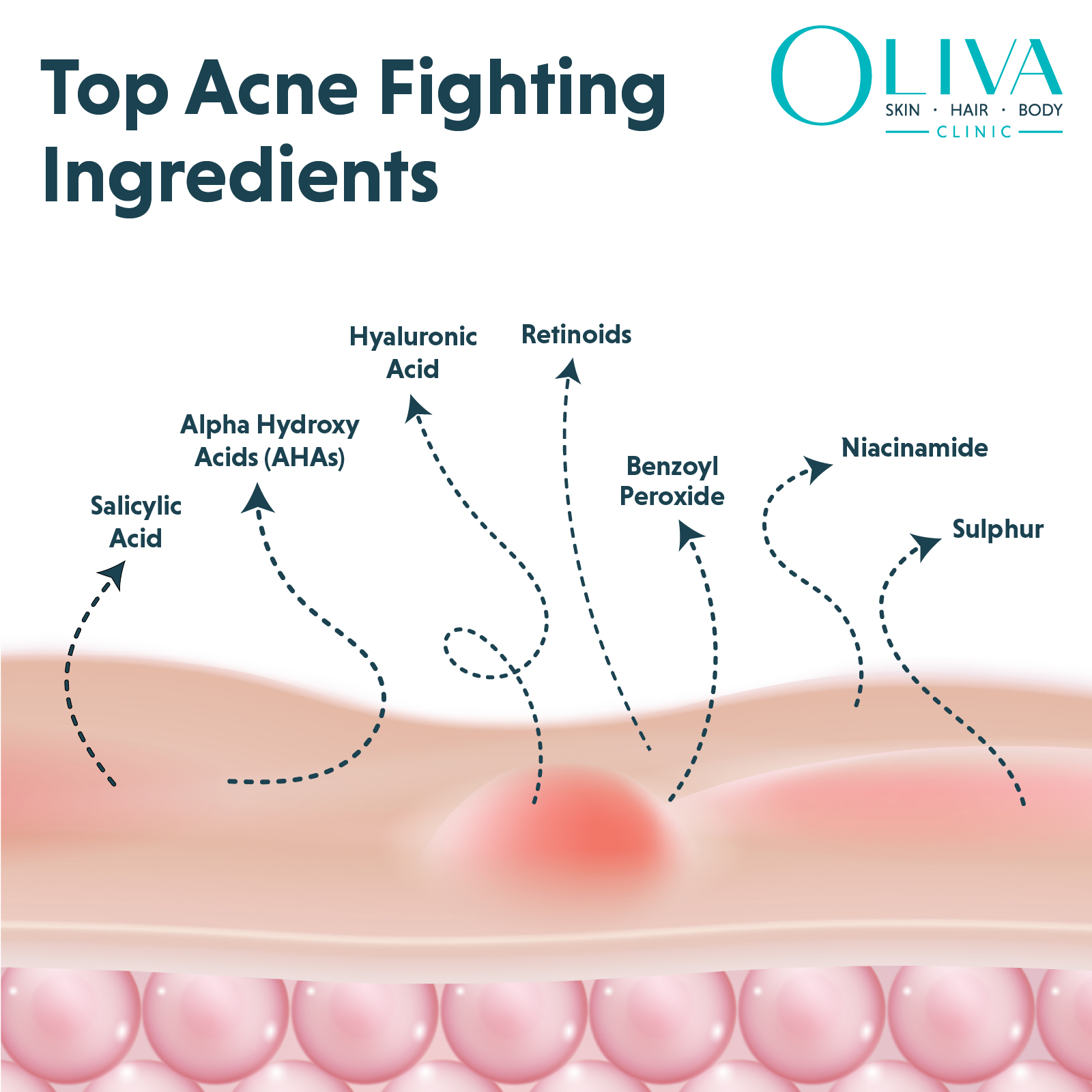In This Article
Winter Skincare Routine: 10 Essential Tips to Prevent Dry, Dull Skin
Winter is a season of joy, new beginnings, soups and hot beverages, healthy green veggies and much more! However, we ignore that it is also the season that demands extra care of the skin. We tend to drink less water in winter, have hot showers and expose ourselves to sunny afternoons and chilly and windy evenings – all these factors rip away much-needed moisture from the skin, making it dull, irritable and itchy. This article discusses how to care for your skin during winter.
In This Article

Why Your Skin Needs Extra Care in Winter?
During the winter, the skin loses moisture due to cold temperatures and low humidity levels. [1] This disrupts the skin’s natural barrier and increases dryness. Heating units and geysers make the skin susceptible to dryness, resulting in rough texture and visible fine lines. In winter, skin requires extra care, such as using moisturising products and staying hydrated, to avoid irritation and exacerbating issues like eczema and rosacea.
10 Essential Tips for a Perfect Winter Skincare Routine
Here are a few of the most essential tips [2] that you can follow to give your skin the much-needed care during winter.
Setp 1: Cleansing Gently
The first step to a good skincare routine always starts with cleansing it and getting rid of any surface-level impurities, dirt and accumulated oil on the skin. To cleanse skin in winter, go for a creamy cleanser or face wash that does not dry skin out but moisturises and nourishes it. Rub and massage the cleanser on your skin for 40-50 seconds, then wash it off with lukewarm water.
Setp 2: Applying Rich Moisturisers
The next step is moisturising the skin well with a winter-suitable moisturiser. Cleansing takes away all accumulated oil and dirt from the skin. This step ensures skin protection with a hydrating layer to prevent moisture loss, dryness and roughness. Depending upon your skin type, whether dry, oily, or combination skin, buy a suitable rich moisturiser for winter. Gently rub the moisturiser on your skin, then gently massage for 1 to 2 minutes to make it seep.
Step 3: Wearing Sunscreen Everyday
Sunscreen is one of the non-negotiable steps of any skincare routine, irrespective of the day or season. For winter, wear a creamy-textured broad-spectrum sunscreen of 30 SPF or more. Apply 2-finger lengths of sunscreen and rub it all over exposed parts of the skin, including the face, ears and neck.
Step 4: Using Hydrating Serums
Serums are concentrated skincare essentials that contain active ingredients for your specific skin concern. One should always start with a low-concentration serum to set up the tolerance level for the skin. Choose a serum based on your skin type and skin concern. Apply a few drops on your face, spread it evenly and let it seep in.
Step 5: Protecting with Face Oils
The skin loses moisture more rapidly in winter than in other seasons. Using blowers or heaters, hot water baths, and exposure to cold and chilly air outdoors contribute to moisture loss. Moisturiser alone can keep the skin moist for a few hours unless repeated. To moisten or nourish the skin for a longer period, consider applying an adequate face oil for your skin type. However, if you have sensitive or acne-prone skin – you should be cautious about using face oils.
Step 6: Using Lip Balms
Chappy lips are a very common concern during winter. Lips need adequate protection and moisture, too. And, not all skin-care products can be applied to lips. Therefore, go for a hydrating and nourishing lip balm made from natural ingredients to keep them healthy and plump.
Step 7: Switching to Cream-Based Makeup
Just like the skincare products, your makeup products should be weather-appropriate. Instead of gel-based, use cream-based formulations, which are more hydrating and nourishing.
Step 8: Layering Your Skincare Products
It is one of the basic yet essential tips for skin care. Always layer up your skin by applying the right skin care products in the proper sequence – cleanser, toner, moisturiser, sunscreen, serum and then makeup.
Step 9: Using a Hydrating Toner
Applying a toner to your skin in winter is as essential as it is in summer. Toner balances the pH level of your skin and minimises its pores. Go for an alcohol-free toner. To apply, take a few drops of toner on a cotton ball and rub it gently on your face, or you can directly spray it on your face and let it air dry.
Step 10: Investing in a Humidifier
A humidifier is a practical purchase, especially for places with extreme winters, such as northern parts of the country. It keeps the moisture levels in the air intact and thus prevents skin from becoming dry and rough.
Additional Tips for Maintaining Healthy Skin in Winter
Following are a few additional winter skincare tips to ensure your skin remains fresh and healthy during winter.
1. Stay Hydrated by Drinking Plenty of Water:
Exposure to cold weather can dry out your skin. Therefore, it becomes essential to hydrate it even if you don’t feel thirsty. Drink at least 2-2.5 litres of water daily to prevent skin dryness. [3]
2. Winter-Friendly Nutrient-Rich Foods:
During winter, there are plenty of nutrient-rich foods to include in your diet to maintain the overall health of your body, including skin. You must eat winter-special fruits (for example, oranges), leafy vegetables (spinach, mustard, fenugreek), carrots, corn, sweet potato and much more.
3. Exfoliation for a Fresh Winter Glow:
To activate the seeping capabilities of the skin and get rid of impurities, exfoliate your skin regularly with a natural exfoliating agent, such as papaya skin, orange peels or sugar crystals.
4. Avoid Long, Hot Showers:
Hot water baths can take away the moisture content of your skin and may leave your skin dry and rough. Avoid long hot showers and immediately layer your skin with the proper skincare steps and products to maintain hydration.
Takeaway
Skin needs attention and care according to climate conditions. In winter, follow the important skincare tips discussed in this article to prevent your skin from losing moisture and becoming flaky or chappy. Maintain a good lifestyle and avoid factors that can contribute to increased dryness and roughness of the skin.
Frequently Asked Questions
Keep your skin hydrated by drinking more water and eating healthy foods. Avoid long hot showers and use natural ingredients on your skin, such as coconut oil, orange peel, etc.
Set up your winter care routine with winter-suitable cream-based skincare and makeup products.
Go for cream-based and moisture-rich skincare products, including face wash, toner, sunscreen, moisturiser, serum, and makeup with cream-based formulations.
For combination skin, use mild cream-based formulations with mild moisturising capabilities.
Prolonged exposure to hot water on your skin may leave it dry and rough.
You can exfoliate your skin bi-weekly during winter.
Keep your skin moist and hydrated with the right skincare products, and drink enough water to prevent it from drying in winter.
Yes, sunscreen is a non-negotiable skincare step regardless of the weather condition.
Depending on the skin type and concern, you can choose your moisturiser’s moisture or oil content. For dry skin, go for a concentrated moisturiser. For oily or combination skin, choose a mild to medium concentrated moisturiser.
No, toning is an essential skincare step regardless of the weather.
Yes, you need a winter-specific skincare routine and products in winter.
Keep your skin hydrated by ingesting at least 2-2.5 litres of fluids. Eat good food and fruits such as leafy vegetables, oranges etc. Maintain a healthy lifestyle.
Stick to the basics (cleansing, toning and moisturising) and avoid ways that rip moisture away from the skin (long hot showers).
Eat healthy, stay hydrated, and use peels of natural ingredients (such as orange peel, papaya peel, and beetroot peel) to exfoliate your skin and keep your skin moist by applying coconut oil or ghee.
Choose mild to medium concentrated moisturising products for oily, sensitive and combination skin. Avoid facial oils. Choose concentrated moisturising products for dry skin, including serums and face oils.
Read This Next

Benefits of Orange for Skin: Nutrient Profile & Home Remedies

Carbon Laser Treatment In Chennai: Cost, Results, Benefits & Procedure

Pre Bridal Packages for Brides-to-Be: Skin, Hair & Body Treatments

Best Ingredients to Look for in Acne-Fighting Skincare Products: Expert Guide to Clearer Skin

Carbon Laser Treatment In Hyderabad: Cost, Results, Benefits & Procedure



